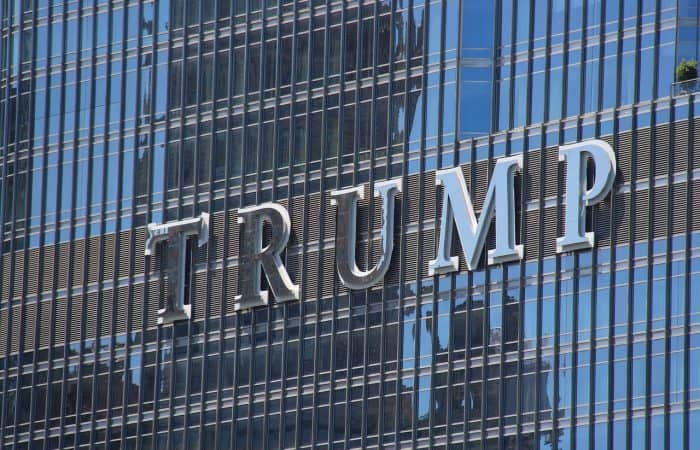Following the massing of military forces on the Ukrainian border, political tensions involving Russia have increased drastically.
Without publicly committing to any specific sanctions measures, the European Union (EU), the United Kingdom (UK) and the United States (US) have announced the consideration of a range of severe economic measures against Russia, hoping that the threat will deter President Vladimir Putin from invading Ukraine. The EU, UK and the US all have a broad legal framework in place under which different types of sanctions and export control measures could quickly be imposed.
Although the nature and content of the sanctions measures remains unclear, it is certain that measures will follow if the situation escalates further. In order to help companies prepare for the potential sanctions, please find below an overview of the measures that may be adopted in view of the existing framework and recent announcements of different government officials.
-
List-based sanctions
The more severe sanctions that are currently being discussed are so-called list-based sanctions, which would impose asset blocking measures, such as an asset freeze or a prohibition on making economic funds or resources available to various listed Russian individuals and entities. Generally speaking, these sanctions prohibit all dealings with the listed targets and can entail travel bans.
Following the recent statements of EU, UK and US officials, it is most likely that if list-based sanctions are imposed, Russian entities operating in strategic sectors will be targeted, such as the financial, energy, defence or technology sector. Recent discussions in the EU, UK and US focus on the imposition of impactful sanctions on major Russian financial institutions. The latter could drastically impact companies that directly or indirectly operate within markets involving Russia.
Also individuals could be imposed to list-based sanctions. The EU, UK and the US already have sanctions in places against a number of Russian individuals and announced that potential sanctions on top Russian government and military officials, as well as on Putin himself, are on the table.
-
Sectoral sanctions
Other, less severe measures that could be imposed are sectoral sanctions. Sectoral sanctions do not freeze or block assets of a designated person nor do they prohibit making available funds or economic resources. Sectoral sanctions merely restrict the ability of certain individuals or entities to access financing or export or import equipment, goods, technology or services. Although sectoral sanctions impose less limited restrictions, they could target all sorts of activities that are relevant to Russian key sectors, for example industrials, chemicals, metals, technology, insurance or energy.
-
SWIFT
One of the most severe measures that could be taken by the US and the EU would be to disconnect the Russian financial system from SWIFT (Society for Worldwide Interbank Financial Telecommunication, which handles international transfers and is used by more than 11.000 financial institutions in over 200 countries. Although this measure is currently being discussed, it is expected that this is an option which would likely only be used as a last resort. We have seen this measure as part of the Iran sanctions.
-
North Stream 2
Although sanctions against the Nord Stream 2 gas pipeline have previously been waived by US officials in consideration of EU member state energy supply concerns, it is now more likely that this project will be targeted should Russia invade Ukraine. Although there is some resistance from Austria and Hungary, sanctions involving the Nord Stream 2 are supported by (most importantly) the US as well as most EU Member States and the UK.
-
Export controls on vital technologies
Recent statements by government officials have also indicated that export control measures are being finalised, preventing exports and/or re-export of a range of key technologies produced by Western companies. While the exact scope of the products to be targeted is not yet established, one could think of high-back components that Russia cannot easily replace by turning to suppliers in other parts of the world. Example products are chips and lasers but also parts quantum computers.
Take away
While EU, UK and US government officials have stipulated multiple times that sanctions will be adopted if Russia decides to invade Ukraine, the nature and severity of the measures remains unclear. In addition, it remains to be seen what measures will be taken if the situation escalates further without a full invasion. The same applies for the potential timing of new sanctions and export controls measures.
Companies involved in business with Russia are adviced to evaluate their direct and indirect connections with Russia and the exposure of these connections to the potential sanctions in order to be prepared if the situation escalates any further.
More information
If you have any questions concerning the impact of the potential sanctions measures on your company, or would like to discuss, please feel free to reach out to:




